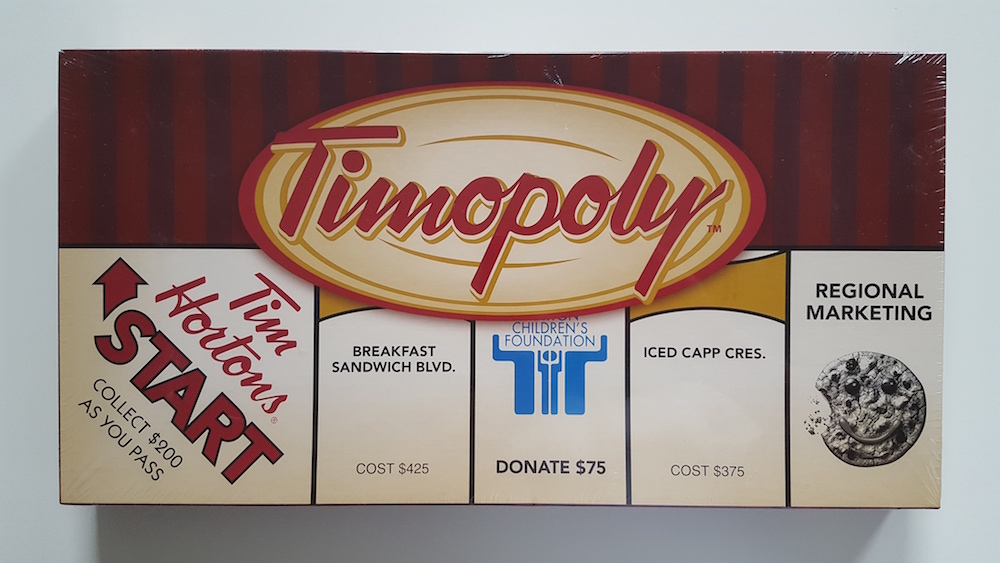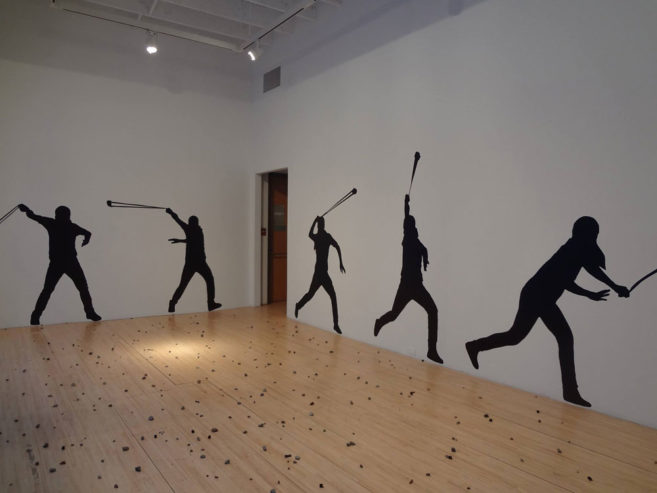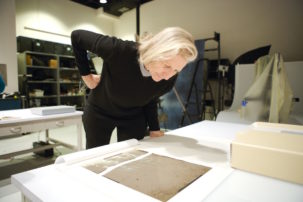Our editors’ weekly roundup of Canadian art news.
For the fourth time, a federal Canadian tribunal has refused to certify 1,300 Annie Leibovitz photographs donated to the Art Gallery of Nova Scotia by the Mintz family of Toronto. The Canadian Cultural Property Export Review Board’s rejection stems from its suspicions of the family’s intentions behind the donation, after the Canada Revenue Agency flagged it as a potential tax shelter for the family. The decision means that Leibovitz still hasn’t been paid $2.3 million, the second half of the collection’s cost, and renders the future of exhibiting the collection unclear.
Katie Belcher will join Access Gallery as its new director and curator as of October, the Vancouver gallery announced on its website. Belcher comes to the position from Eyelevel in Halifax, where she served as artistic director since 2013. During her tenure at Eyelevel, Belcher negotiated a number of significant structural changes at the artist-run centre, notably its move in late 2013 to a nomadic programming schedule—including exhibitions stashed in the trunk of a travelling van to tour nine Atlantic locales, and another show installed in a vacant store in a downtown shopping mall, among others. As the current co-president of Association of Artist-Run Centres from the Atlantic, she is a steering member of Flotilla, a biennial Atlantic gathering of Canadian artist-run centres. Kimberly Phillips previously held Access Gallery’s director position.
Scotiabank’s inaugural New Generation Photography Award will award a total of $30,000 to a trio of lens-based artists under 30 years old. The longlist of nominees will be announced in fall 2017, with the three winners to be named in January 2018. Each of the winners will receive a $10,000 prize and an exhibition of their work at the National Gallery of Canada’s Canadian Photography Institute in spring 2018, where they will receive mentorship from the NGC’s curators and production staff. The award jury includes: Vancouver artist and past Scotiabank Photography Award winner Stan Douglas; managing editor of Amsterdam-based photo journal FOAM Magazine Elisa Medde; Halifax photographer and educator Robert Bean; and Canadian Photography Institute director Luce Lebart.
The Canadian art world mourns the loss of critic and curator Ben Portis, who was killed in a road accident last week. He was 56 years old. Portis was assistant curator at the Art Gallery of Ontario from 2002 to 2009, where he curated solo exhibitions by artists such as Rebecca Belmore, Harun Farocki and Christo and Jeanne-Claude, and was the MacLaren Art Centre’s curator from 2010 to 2013. Portis began his career as a visual artist, but changed paths to pursue his interest in curation and criticism, attaining an MA in curatorial studies from Bard College in New York. Portis will be remembered by many artists, critics and curators for his fervent dedication and generosity.
A Montreal couple has designated a spare room in their apartment for their sizeable collection of Tim Hortons paraphernalia. The unofficial museum began when Alexandre Contant and co-curator Lorie-Anne Chamberland bought a used Tim Hortons coffee maker from a thrift store; they’ve since amassed around 70 items, from special-edition travel mugs and coffee tins to branded accessories and clothing, much of it playing up the chain’s quaint version of Canadiana. “That’s what we’re here to critique,” Contant told CBC. “It’s over-the-top ridiculous,” he says of the company’s awkward, inherently commercial attempts to assert some uniform national identity. “It’s for this reason that in the beginning people hear about [the museum] and think it’s funny and then they realize that we’re serious.”
A correction and clarification were made to this post on August 8, 2017. The original copy suggested that Eyelevel’s shift in 2013 was forced, and that an Eyelevel exhibition took place in, rather than was stored in, a travelling vehicle.

 A Tim Hortons Monopoly board from 2007, included in Montreal's Musée national du Tim Hortons.
A Tim Hortons Monopoly board from 2007, included in Montreal's Musée national du Tim Hortons.







